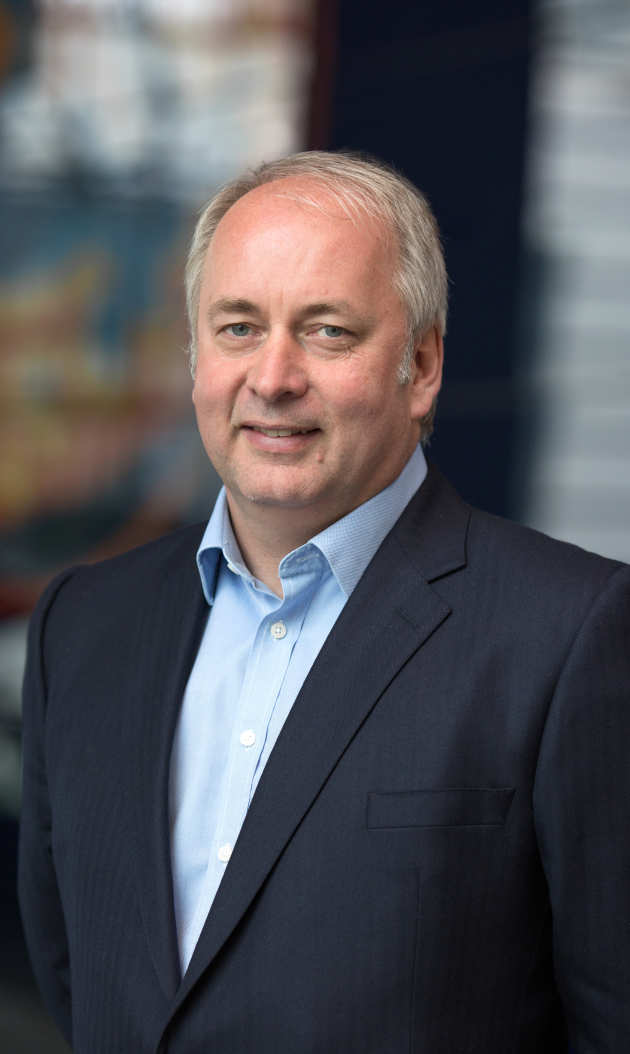College funds frontier research to push the boundaries

Astronaut on Mars
Finding a cure for HIV and landing a spacecraft on Mars are among the ambitions of winners of funding from a prestigious Imperial research pot.
Three teams have received funds from the Excellence Fund for Frontier Research (EFFR) this year – the second time these funds have been awarded as part of the College's strategic aim of acting courageously.
The awards are designed to support research ideas that are potential breakthrough programs and which could put the College in a leadership position. Teams receive up to £250,000 to kick-start their research projects.
Professor Nick Jennings, Vice Provost (Research) said: “I’m delighted that we are able to help people undertake frontier research and really push the boundaries of knowledge.
“These are vital areas of research which might otherwise simply not get funding. I look forward to following their progress closely.”
Training killer immune cells to target HIV
This project, led by Professor Anastasios Karadimitris, will engineer specialised immune cells to induce a potential cure for Human Immunodeficiency Virus (HIV) infection.
Patients infected with HIV generally need daily, life-long therapy to maintain their health, so long-term remission and eventually a cure – which would allow patients to stop therapy – is an important research priority and will receive £250,000.
One of the key parts of the immune system is a type of white blood cell, the T cell. Invariant natural killer T cells, or iNKT cells, account for a tiny fraction of T cells in the body but they play an important role in looking out for tumours and killing malignant cells, as well as cells invaded by pathogens such as viruses.
The team, which includes Dr Antonia Rotolo, a Clinical Research Fellow in the Centre for Haematology and Professors Graham Cooke and Sarah Fidler in Infectious Diseases, along with other scientists with HIV expertise at Imperial, will explore the potential of these clever cells in fighting HIV.
The work will design iNKT cells adapted to seek out host cells infected by HIV – where the virus might otherwise go undetected – and kill them.
Packing for a journey to Mars
We are ever closer to putting the first human on Mars – but once we get them there, how will they land their spacecraft in conditions that are so different from those on Earth?
Any spacecraft we send will arrive at Mars at extremely high speed and will have to slow down in the incredibly thin Martian atmosphere so that rockets or parachutes can be used to land safely on the planet.
Now, thanks to £250,000 EFFR funding, Dr Matthew Santer and Dr Paul Bruce from Imperial’s Department of Aeronautics will develop deployable umbrella-like structures to act as friction brakes and slow the spacecraft for landing.
Using advanced computer modelling they will design and manufacture a large-scale, fully-functioning flexible spacecraft model, and test it in Imperial’s wind tunnels and flight arena.
Dr Santer said: “We hope to build a prototype that can withstand the rigours of entering the Martian atmosphere at speeds approaching 20,000 mph. Through our work, we aim to change the way we think about designing spacecraft to enable exploration of other planets, and will hopefully help to send humans to Mars.”
The bronchovascular bundle: an undiscovered organ?
Very little is known about the bronchovascular bundle – a structure that encapsulates parts of the airway and blood vessels in the lungs.
Imperial’s Professor Jane Mitchell and Dr Nicholas Kirkby will use their £50,000 EFFR funding to help reveal the function the bronchovascular bundle and discover how airways and blood vessels communicate across the bundle. This work will uncover new drug targets to treat asthma and cardiovascular disease.
Professor Mitchell even hopes to define the bundle as a ‘new organ’. She said: “The bundle is well known in anatomy circles but unexplored in terms of pharmacology, physiology and medicine. By studying the function of the bronchovascular bundle, we will hopefully reveal new concepts in physiology and medicine.”
This work and our ideas are so new that traditional funding bodies would not be confident to fund the work without pilot data. Receiving the EFFR funding will allow us to obtain pilot data that will seed follow on funding.”
Article text (excluding photos or graphics) © Imperial College London.
Photos and graphics subject to third party copyright used with permission or © Imperial College London.
Reporter
Hannah MacLachlan
Communications and Public Affairs
